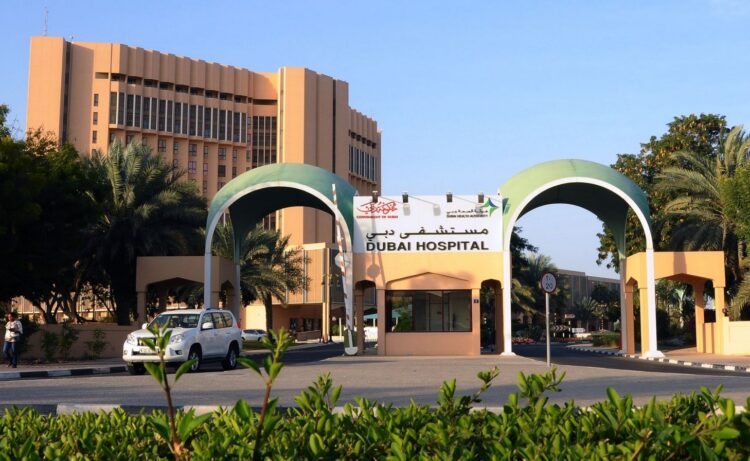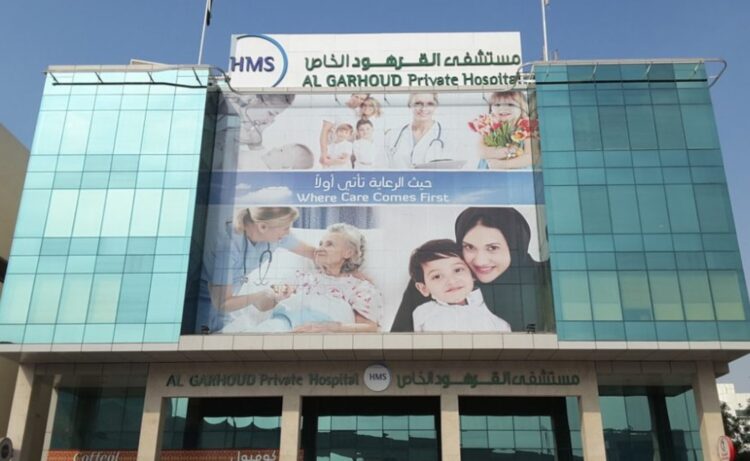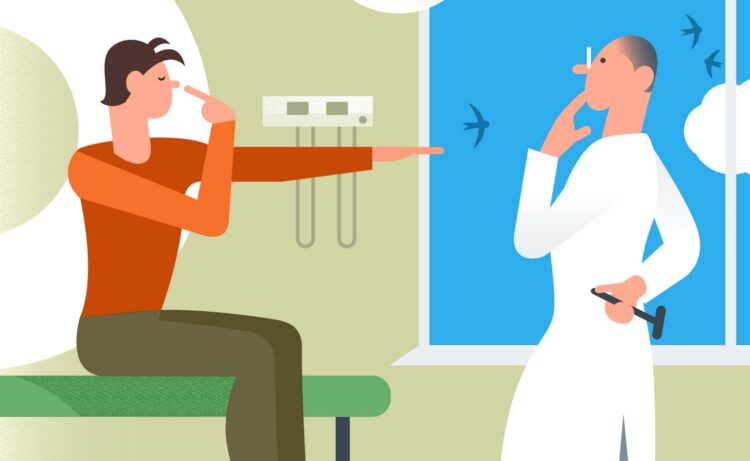
Healthcare is one of the main aspects that we look for in a country/city when we decide to move in with our family. UAE ranked as one of the world’s most popular destinations preferred by people to work and travel abroad. Dubai, in particular, tops the list because of its multicultural environment and world-class facilities. If you too are planning to move to Dubai for good, the following are some factors you must know about the healthcare sector in the city.
The UAE has a highly developed medical infrastructure in the Middle East. In 2019 alone the country has allocated the federal budget of AED 4.84 billion for health care. Among the seven emirates, Dubai has definitely outshined because of its strategic location and massive investment in the healthcare sector. The strides taken by Dubai’s healthcare sector including both public and private is expected to catapult the city to become a global destination for health care. The emirate has some of the globally renowned hospitals and outpatient facilities and diagnostic centres like John Hopkins, Moorfields London have introduced its facilities in Dubai.
The medical landscape in Dubai is on track to become a technology-driven industry. Medical practitioners and investors do not shy away from adopting the latest technologies in the field. In fact, they have shown the eagerness to adopt technologies. To name a few, 3 D printing, use of AI (artificial intelligence), digitization, robotic pharmacies, etc.
As an expat, you may be having tons of questions related to basic healthcare, health insurance, and specialized treatments. Here are 7 useful tips to about the medical treatments in Dubai
1. Doctors in Dubai

The city provides ample opportunities for doctors and other healthcare providers to advance their careers. That is the reason you will find some of the best medical minds from all around the world working in Dubai hospitals. The majority of the expat doctors are from countries like India, Egypt, Pakistan, and some European nations. Most of these doctors are either trained in the USA, Europe, Germany or Egypt.
Public hospitals will not provide you with a choice for doctors. You are generally referred to the one available at the time of your visit. You can always choose for private local doctors in such cases. While choosing your doctor narrow down your choices based on their educational background, specialty, language spoken, experience, hospital affiliations, etc. Instead of finding a doctor, you can also choose to go for a reputed private medical clinic in Dubai, where you trust the competency of the Doctors. 7 Dimensions Medical Centre is one such multi-specialty medical facility, where you can find specialist doctors.
2. Public Healthcare facilities in Dubai

Dubai is widely known for having one of the best public health systems. The healthcare sector in Dubai is managed and operated by the Dubai Health Authority (DHA). DHA also oversees the private healthcare sector. To access the services of a public healthcare facility you need to have a UAE health card. You can apply for your card online, or by visiting a medical centre near you. The documents required to apply for the health card are:
- National ID number
- Details of Passport
- AED 320 for adults and AED 120 for children up to 10 years
Even if you have your health insurance you are recommended to apply for the health card, because your insurance may not cover for certain treatments.
3. Private Healthcare facilities in Dubai

There is no doubt that the public healthcare system in Dubai is top-class, yet many expats prefer to opt for private healthcare facilities. The major reason for that is the choice of doctors, the comfort of interacting in their own language, etc.
You may find more than a hundred private hospitals in the city of Dubai. They offer a wide range of facility from primary healthcare to specialist treatments such as Cardiothoracic treatment, Orthopaedic treatment and rehabilitation, Cosmetic Treatments, etc.
4. Primary Care

Surprisingly, there is no concept of general practitioner (GP) in Dubai. So, for treatment other than emergency and specialist care, you are recommended to visit a family doctor either in a public or private hospital. You can also look for a doctor in medical centres near you. These doctors provide general outpatient consultation on a range of medical issues for both adults and children. Apart from that, the doctors will provide basic services such as vaccinations, gynecology and antenatal treatments.
5. Specialists Care and emergency care

In Dubai, it is not necessary to get a referral from your family doctor to see a specialist doctor. You can choose yourself from any of the public or private clinics. However, family doctors are more equipped to recommend the best specialist for you.
When it comes to emergency medical treatments, all public hospitals provide it. They will ask you for a health card. If in case, you don’t have one they will provide you with a provisional card at the emergency department. All public hospitals also accept health insurance cards.
Private hospitals also provide emergency medical treatments, but they can be expensive without a health insurance plan.
6. Maternity Care

Expecting mothers are required to register with a hospital of their choice, earlier the better. It should not be later than the seventh month of pregnancy. You can choose to register at any public or private clinic of your choice. For registering at the public hospitals you must have:
- Health card
- Passport of you and your husband
- Marriage certificate (You must be legally married to give birth)
7. Medicines

There is no dearth of pharmacies in Dubai both in the hospitals and outside. You can find both over-the-counter and prescription medicines in these pharmacies. Most of them are open 24 hours a day.
Dubai has one of the strictest laws regarding pharmaceuticals, and some of the medications fall under controlled substances. So, prescriptions are a must for medications. For example, all narcotic painkillers (anything with codeine or oxycodone, any other opiate derivatives, or synthetic opioid) are banned in UAE. For carrying prescription opioids in the UAE, you must carry a doctor’s letter and verified prescription on their letterhead. You need to get notarized and registered with your home country’s state department and the UAE consulate.
Following the above 7 tips can make your life easier and medical treatment hassle-free while you stay in Dubai.











